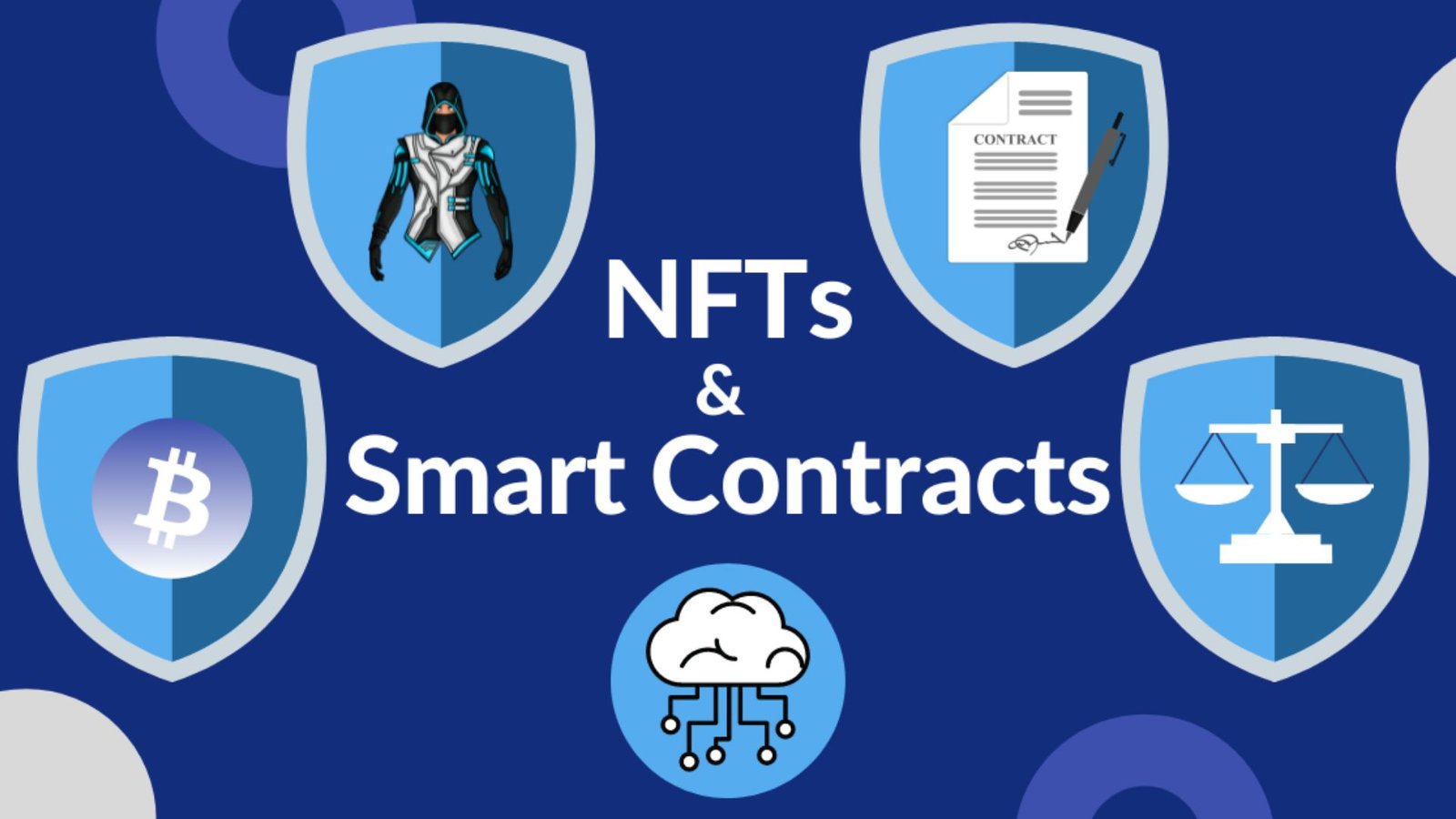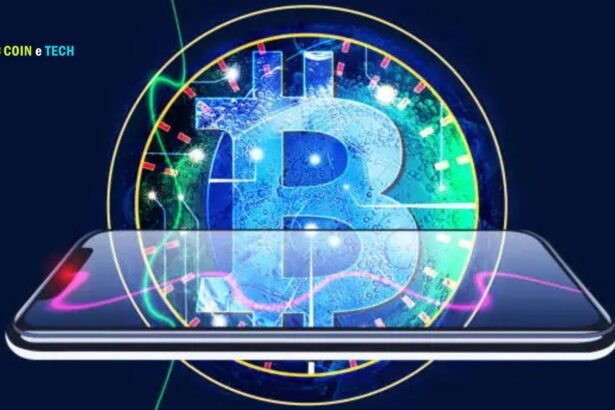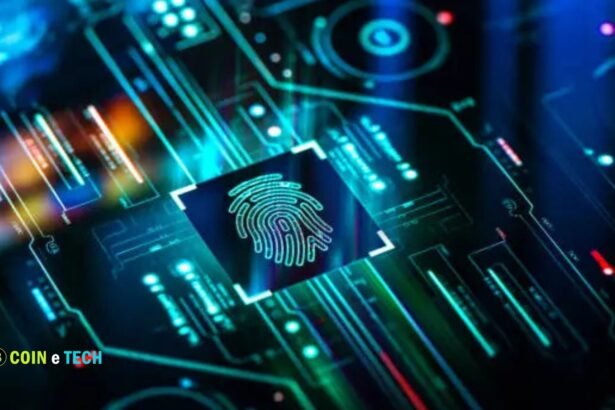Because of its remarkable ability to promote digital transformation, the blockchain ecosystem has emerged as a prominent topic of discussion. Smart contracts are a critical component that affects how the blockchain ecosystem functions. Many blockchain-based applications, including decentralized applications (dApps), decentralized finance protocols (DeFi), and non-fungible tokens (NFTs), rely on smart contracts. Hence, NFT engineers’ top goal now is developing smart contract testing tools. Smart contract testing is necessary for NFT developers, but why? To build NFTs, which are extremely valuable assets, smart contracts are a helpful tool. Prioritizing functionality and security is essential when dealing with something as valuable as NFTs. It is possible to verify the safety and functionality of NFTs using smart contract testing. We should investigate the most effective methods for evaluating NFT smart contracts.
Understanding NFT Smart Contracts

The multi-million dollar auctions of NFTs, or non-fungible tokens, marked a watershed moment in technological history. The fact that NFTs are both indivisible and entirely unique is their main selling point. Find out why NFT smart contracts are important before you look for ways to test them. NFTs stand in for various forms of digital content, including but not limited to photos, in-game items, videos, and audio files. In these one-of-a-kind assets, how do smart contracts function? On any blockchain platform, smart contracts can serve as a representation for NFTs.
The code that helps define the rules and logic for creating, transferring, and managing tokens on the blockchain is called an NFT smart contract. One of the main ways in which smart contracts demonstrate the singularity of NFTs is by acting as evidence of ownership. Because of its popularity and compatibility with Ethereum and other supported blockchains, Solidity is the language of choice for NFT smart contracts.
What are the Reasons for testing NFT Smart Contracts?
At first glance, testing NFT smart contracts may seem like a daunting task. There are a number of reasons why NFT contracts are so valuable, but before you invest in one, make sure you have a smart contract checker. One reason why smart contract deployment on blockchain networks is more expensive is that blockchain is immutable. The necessity to deploy new contracts arises when data and tokens are lost due to the deployment of flawed smart contracts.
Verifying the code’s functionality is the primary goal of testing NFT smart contracts. This will help you find out if the NFT smart contract code is up to snuff and conforms to your project’s specifications. Finding and fixing errors, vulnerabilities, and bugs is another important reason to test NFT smart contracts. It can be useful in making sure the NFTs are secure and work as intended.
Finally, testing is a good idea because it can help make the NFT smart contract code better and faster. Optimizing the code for scalability and gas efficiency can be achieved through smart contract testing prior to deploying NFTs. As a resource for efficient contract management and future migrations, you should also be familiar with how to test NFT smart contracts. The results of the tests are also useful documentation for learning how the contract works. The documentation will make it easier for new developers to join the project in the future.
What are the Different Types of Tests for NFT Smart Contracts?
Static or dynamic analysis and functional testing are the most common approaches to utilizing automated tools for testing Ethereum smart contracts. Here is an overview of the different tests that you can implement for NFT smart contracts.
-
Functional Testing
The most common approach for automatic testing of smart contracts is functional testing. It is one of the first answers to queries like “How do you test an NFT smart contract?” as functional testing helps you find whether the smart contract works according to your expectations.
Functional testing also helps in understanding how smart contracts would work in specific situations. You can test every function through calculations with specific values and compare the results against your expectations. Functional testing also helps other types of tests with more coverage.
-
Unit Testing
Unit testing involves independently testing individual portions of the smart contract. The best thing about unit testing is the simplicity of the methods and the clear impression of errors in the smart contract. Unit tests are crucial for smart contract development, particularly when you add new logic to smart contract code.
On top of that, unit testing can help check the working mechanism of each function and its desired behaviour. Developers can run unit tests through assertions, which are simple statements about things that smart contracts are expected to do.
-
Integration Testing
Integration testing is one of the notable methods of testing NFT contracts in the domain of functional testing. In this approach, smart contracts are subject to testing as a combination of their individual units. Integration testing is a useful recommendation for identifying errors that emerge during interaction between different parts of a contract or two different contracts. Integration tests are useful tools for testing NFT smart contracts with complicated designs.
-
System Testing
The curiosity to discover the methodologies to test NFT smart contracts also pushes you towards system testing. System testing is also an excellent way to test the general functionality of smart contracts. As a matter of fact, it is one of the important components of the functional testing strategy for smart contracts. The fundamental purpose of system testing revolves around evaluating the working of smart contracts from the standpoint of users.
Which Tools Can You Use to Test NFT Smart Contracts?
The second significant feature in a guide to testing NFT smart contracts draws attention toward tools. One of the most popular smart contract testing tools for NFT smart contracts is Truffle. It enables you to develop automated tests in Solidity or JavaScript by leveraging the Chai assertion library and Mocha testing framework. Truffle also includes a command-line interface that enables you to compile, deploy, and interact with smart contracts.
Another notable NFT smart contract tester tool is the Ganache local blockchain. It functions as a private Ethereum blockchain on your machine, offering an accurate replica of network conditions and the behaviour of the main network or test network. Ganache helps deploy and test NFT smart contracts without spending real gas or Ether. On top of that, Ganache allows access to multiple features and settings, including accounts, transactions, balances, logs, blocks, and events.
What Should You Test in NFT Smart Contracts?
The methodologies for testing NFT smart contracts vary on a wide range of criteria. Anyone who wants to know the methodologies to test NFT smart contracts must understand how the complexity and functionality of a smart contract influence testing. You must also know about the main components of NFT contracts that you have to examine in the testing procedure. Developers must test the constructor, initialization, minting, and burning functions, transfer and approval functions, and metadata and enumeration functions. The testing procedure must also focus on the security functionality and access control aspects in NFT smart contracts.
NFT smart contract testing involves verification of name, symbol, total number of tokens, base URI, assignment of token IDs, and generation and destruction of NFTs. Developers must also examine the NFT smart contracts for modifications, roles, and permissions for specific functions and retracting messages to prevent incorrect or unauthorized actions.
Important Things You Must Consider for NFT Smart Contract Testing
If you want to test NFT contracts, then you must pay attention to certain aspects. First of all, you must have a reliable test case design that covers all possible scenarios. For example, you must ensure that the contract tests both scenarios where the condition is fulfilled and the one where it isn’t.
Developers must also consider the use of mock contracts to replicate the behaviour of other contracts during NFT contract testing. It helps in verifying the functionality of NFT smart contracts that have to interact with other connections. NFT smart contract security audits are another crucial aspect of the testing process.
You must take a look at the existing state of NFT security with the growing burden of financial losses due to security threats for non-fungible tokens. It is important to regularly scan your contracts to determine potential security vulnerabilities by leveraging tools such as Mythril or Slither.
Final Words
One prominent feature of the new web3 ecosystem is the need for NFT smart contract testing. NFTs could revolutionize the ownership of digital assets beyond only artwork and in-game collectables. When checking the functionality of smart contracts, it is crucial to utilize the finest testing tools and methodologies provided by specialists.
The security and functioning of NFT smart contracts may be checked by developers using tests. Furthermore, the tests can be used to provide documentation that new developers could find useful. Get a better understanding of NFTs and how to protect them against new security risks.








